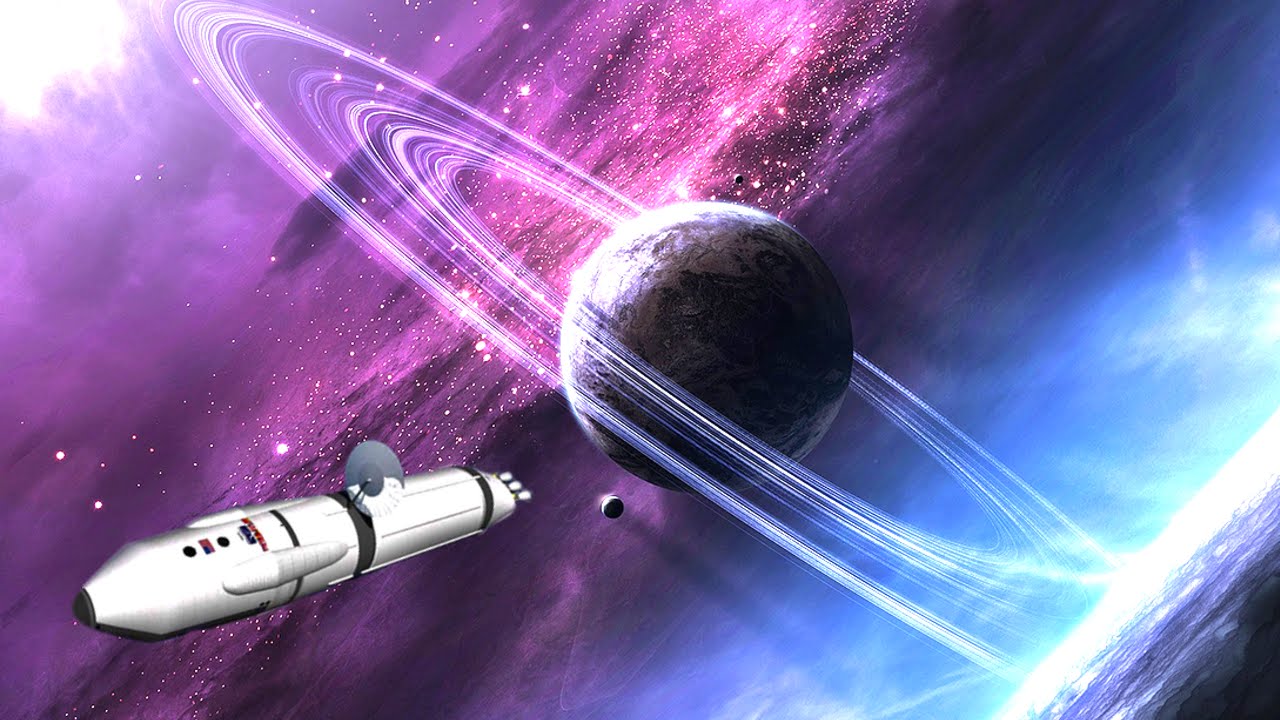Space science fiction has been a staple of popular culture for decades, shaping our understanding of what is possible in space exploration and inspiring a generation of scientists and engineers.
From the groundbreaking film 2001: A Space Odyssey to the iconic Star Trek franchise, space science fiction has captured the imagination of millions and helped us explore space’s possibilities.
In this article, we will explore the role of space science fiction in shaping our ideas of space exploration, examining its importance in imagining the future, its influence on real-life space exploration, and the critiques of its impact on popular culture. We will also consider the future of space science fiction’s influence and its potential to inspire future space explorers.
An Unforeseen Future
First and foremost, science fiction plays a critical role in imagining the future. By exploring possibilities that may not yet be scientifically possible, science fiction helps us think beyond our current knowledge and technology limits. It encourages us to dream big and imagine what could be possible in the years to come.
This ability to inspire innovation and creativity is particularly important in space exploration, where scientific progress is often slow and incremental.
By providing a glimpse of what could be possible in the future, space science fiction has helped keep the dream of space exploration alive, even when funding and public interest have been low.
Beginning Of New Concepts
But space science fiction’s influence goes beyond simply inspiring new ideas. It has also played a key role in shaping our understanding of space exploration and the technology we use to explore the cosmos.
Movies like 2001: A Space Odyssey and Interstellar have introduced audiences to new concepts in space travel, such as wormholes and artificial intelligence, while the Star Trek franchise has inspired the development of technologies like communicators and tricorders.
A Step Into Newer Technologies
In some cases, space science fiction has even directly impacted real-life space technology. The concept of the ion drive, for example, was first proposed in science fiction before becoming a reality in the late 20th century. Similarly, NASA has used science fiction writers as consultants and advisors, recognizing the value of their insights and ideas.
However, the influence of space science fiction is not without its critiques. Some argue that science fiction perpetuates outdated or inaccurate science, leading to misconceptions about the realities of space exploration. Others suggest that science fiction can create unrealistic expectations for what is possible in the field, leading to disappointment and disillusionment when reality fails to live up to the hype.
Despite these critiques, however, the importance of space science fiction in shaping our understanding of space exploration cannot be overstated. As we look to the future of space exploration, science fiction will likely continue to play a critical role in inspiring new ideas and technologies.
Indeed, with the rise of emerging technologies like virtual and augmented reality, space science fiction may become even more immersive and influential in the years to come. By providing a window into what could be possible in the future of space exploration, science fiction will continue to inspire the next generation of space explorers and push the boundaries of what is scientifically possible.
Takeaway
Space science fiction has played a critical role in shaping our ideas of space exploration, inspiring innovation and creativity, and introducing new concepts and technologies to the field. While its influence is not without its critiques, science fiction will continue to inspire us to dream big and imagine what could be possible in the years to come.
Read The Fourth Signal by Mark Proulx, an amazing book on aliens that gives a unique perspective of the author and thoughts on aliens.


